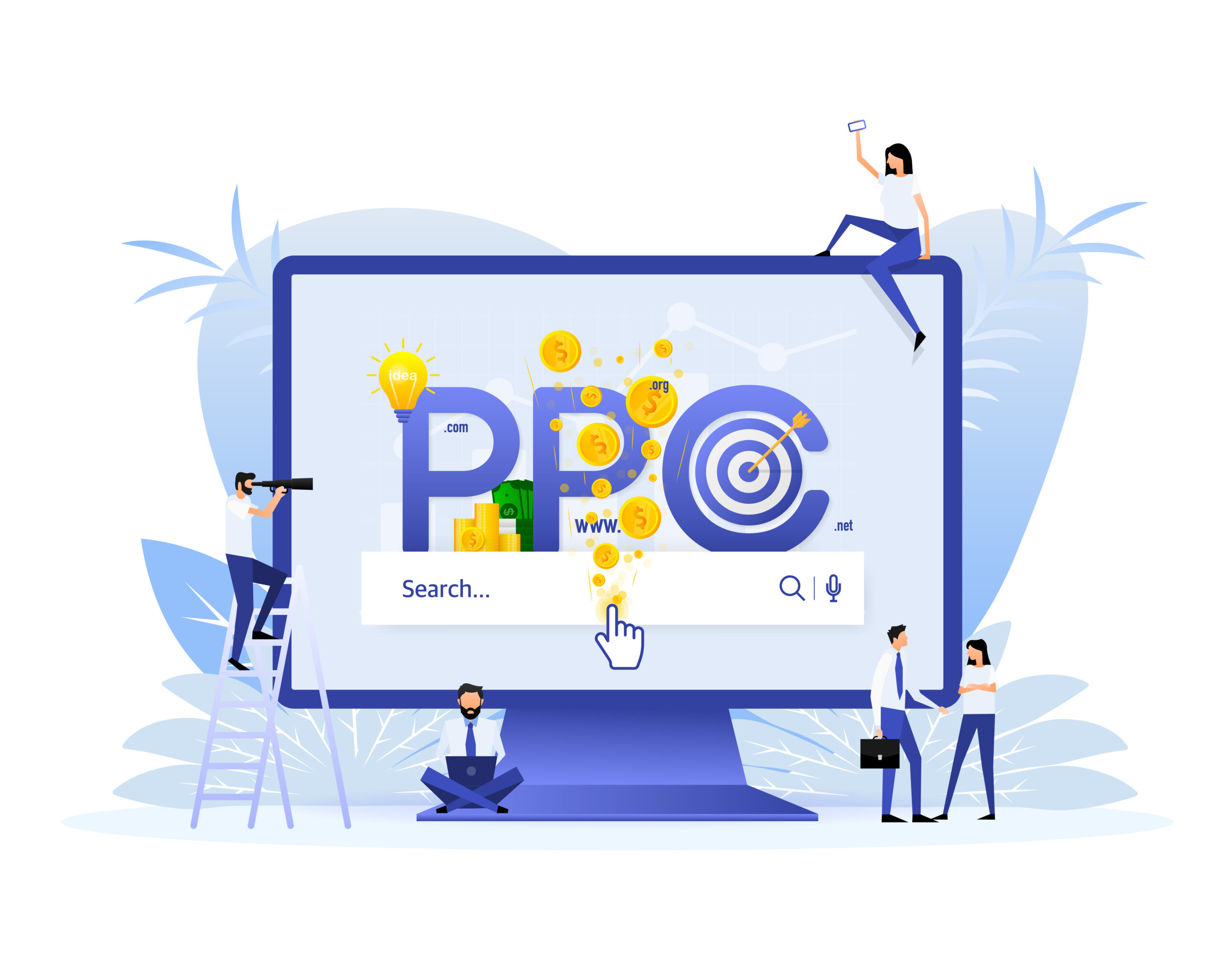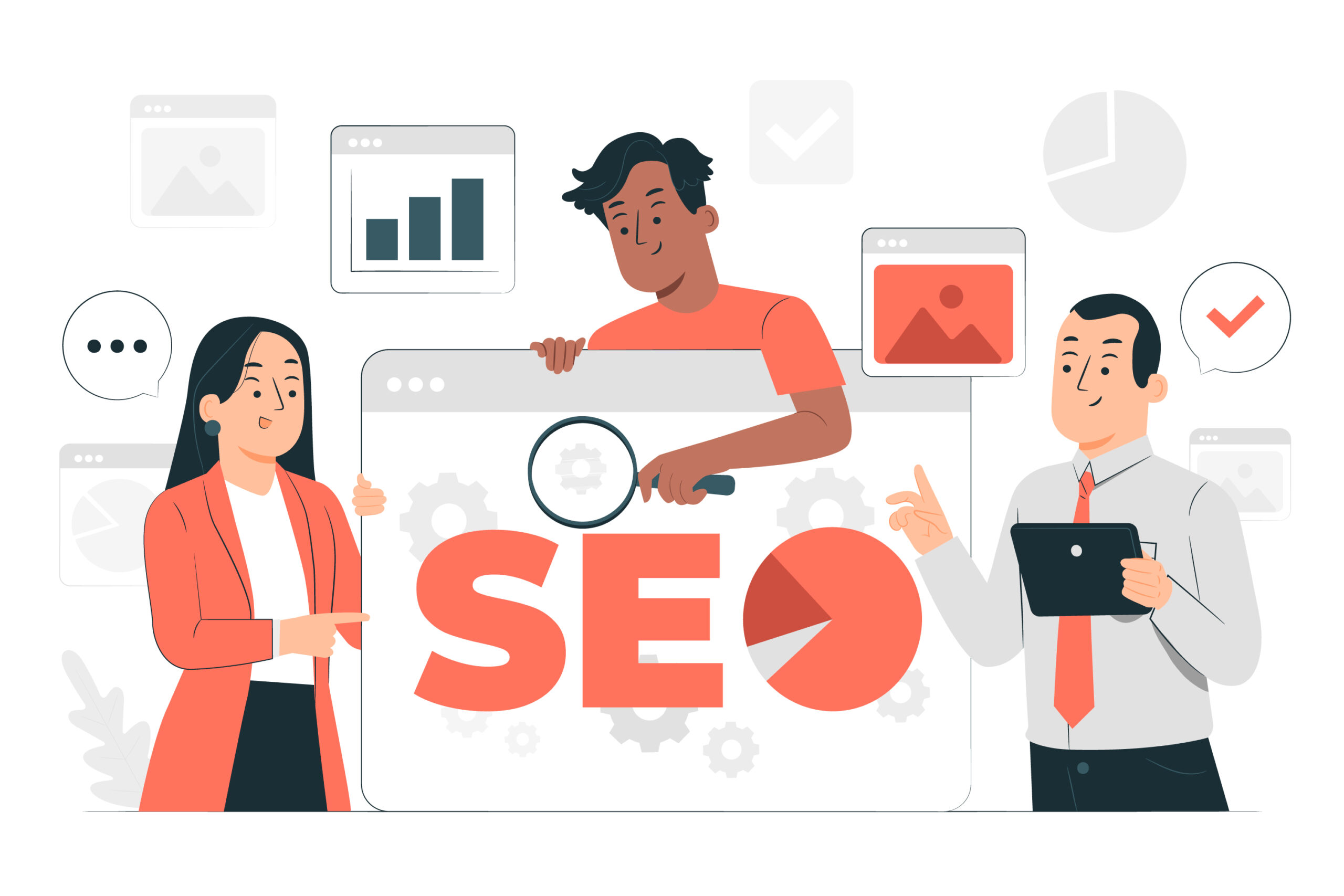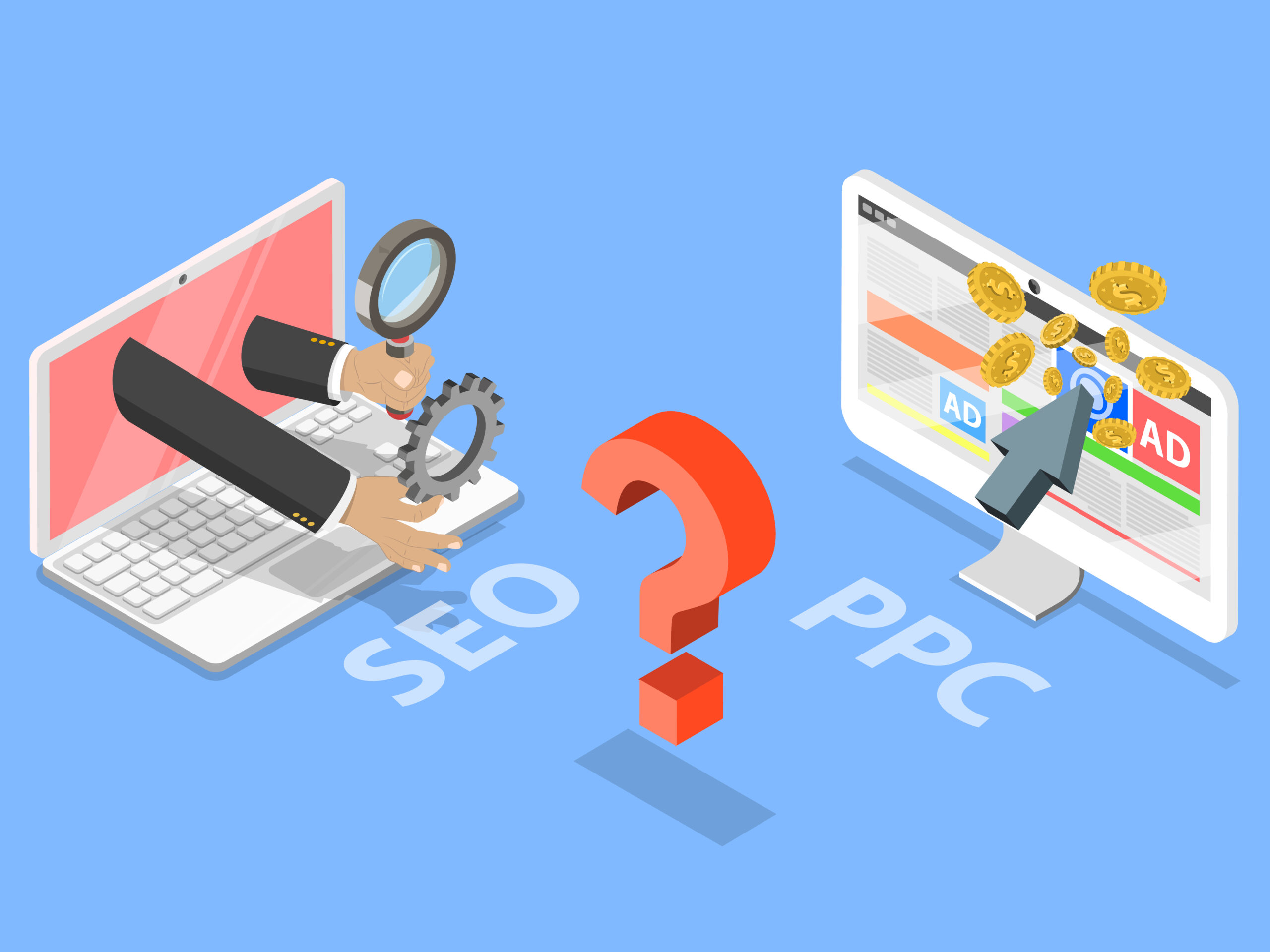Do you still confused about making a decision that which strategy to use, PPC or SEO in your marketing campaign? This question remains the same – which is better? In this blog post, we will understand both the strategies, their pros and cons, and lastly will discuss which one is more effective for your business.
Contents
PPC and SEO: Introduction
In the world of digital marketing, there are two key strategies that every business owner should understand to help drive traffic to their website: Pay-per-click (PPC) advertising and Search engine optimization (SEO).
PPC advertising is a form of online advertising that allows businesses to place ads on search engine result pages (SERPs), social media platforms, and other websites. The business pays a fee each time a user clicks on their ad, hence the term “pay-per-click”. PPC campaigns are typically managed through platforms such as Google Adwords or Facebook Ads.
On the other hand, SEO is the practice of optimizing a website to improve its ranking on search engine result pages. This is important because the majority of internet users rely on search engines like Google to find the products and services they need. By optimizing their website for search engines, a business can ensure that their website appears in relevant search results, making it easier for potential customers to find them.
Pros and Cons of PPC Advertising
Pros of PPC Advertising:
1- Targeted advertising: With PPC advertising, you can target specific keywords, demographics, geographic locations, and even the time of day when your ads are shown. The proper audience can be reached at the right moment because of this.
2- Control over ad spend: You can set your daily or monthly budget, and you won’t pay more than that amount. This allows you to have control over your ad spend and ensures you won’t overspend.
3- Immediate results: Unlike SEO, which can take months to see results, PPC advertising can start driving traffic to your website immediately.
4- Measurable results: PPC advertising platforms provide detailed analytics, allowing you to track the performance of your campaigns and measure the ROI of your ad spend.
5- Flexibility: PPC advertising is very flexible, allowing you to adjust your campaigns in real-time, change ad copy, and test new keywords or ad formats.
Cons of PPC Advertising:

1- Cost: PPC advertising can be expensive, especially for highly competitive keywords. You may need to bid a lot of money so that your ad is reachable to your target audience.
2- Competition: Depending on your industry, you may face a lot of competition for keywords, making it difficult to stand out and get clicks.
3- Click fraud: Click fraud is when someone clicks on your ad with no intention of actually purchasing your product or service. Reduced ROI and wasted ad expenditure may result from this.
4- Ad fatigue: If you run the same ad for a long time, users may become immune to it and stop clicking, leading to lower CTR and wasted ad spending.
5- Requires constant monitoring: PPC advertising requires constant monitoring and adjustment to ensure optimal performance. If you don’t keep a close eye on your campaigns, you could be wasting money on ineffective ads.
Pros and Cons of SEO Optimization
Pros of SEO Optimization:

1- Increased visibility: With SEO, you can improve your website’s ranking in search engine results pages, leading to increased visibility and traffic to your website.
2- Cost-effective: SEO can be cost-effective compared to other forms of online advertising such as PPC. Once you’ve invested in optimizing your website, the ongoing maintenance and updates are typically less expensive than paid advertising.
3- Increased credibility: Users find that website more credible that ranks highly in search results, leading to increased trust in your brand.
4- Long-term results: Unlike PPC advertising, where traffic stops flowing as soon as you stop paying, the results of SEO can last for a long time, providing ongoing traffic and revenue.
5- Better user experience: SEO requires optimizing your website for both search engines and users. This can lead to a better user experience, faster page load times, and improved navigation.
Cons of SEO Optimization:
1- Slow results: SEO can take time to show results, sometimes taking several months to see a significant increase in traffic and rankings.
2- Constant algorithm changes: Search engine algorithms are constantly changing, which means SEO requires ongoing maintenance and updates to ensure your website stays optimized.
3- Competition: Depending on your industry, you may face a lot of competition for high-ranking keywords, making it difficult to rank on the first page of search results.
4- Limited control over ranking factors: While you can optimize your website for SEO, ultimately, search engines have the final say over where your website ranks in search results.
5- Potential for penalties: Black-hat SEO tactics such as keyword stuffing or buying backlinks can lead to penalties and even complete removal from search results.
PPC or SEO: Which One is Right for Your Business?
Whether PPC or SEO is right for your business depends on various factors, such as your budget, marketing goals, and target audience.
Here are some considerations to help you decide which one is best for your business.
1- Budget: If you have a limited budget, SEO may be a better option, as it involves optimizing your website and content for search engines, which doesn’t require you to pay for each click or impression. On the other hand, PPC involves paying for every click, and the cost per click can vary depending on various factors such as keywords, competition, and ad quality.
2- Marketing goals: If you want to drive immediate traffic and conversions to your website, PPC may be a better option as it can deliver faster results compared to SEO, which can take time to generate organic traffic and rankings. However, if you want to establish long-term visibility and authority for your website, SEO may be a better option, as it can help improve your website’s ranking and organic traffic over time.
3- Target audience: If your target audience is more likely to use search engines to find products or services similar to yours, SEO may be a better option, as it can help your website appear in search results when users search for relevant keywords. However, if your target audience is more active on social media or other online platforms, PPC may be a better option, as it can help you reach them through targeted ads.
Both PPC and SEO can be effective marketing strategies for businesses, and the decision to choose one over the other depends on your specific business needs and goals. It’s also worth noting that integrating both PPC and SEO can help you achieve a more comprehensive and effective online marketing strategy.
If you are looking for The Best Digital Marketing Agency for your Business please contact Bliss Marcom.
Office Address in Noida.


